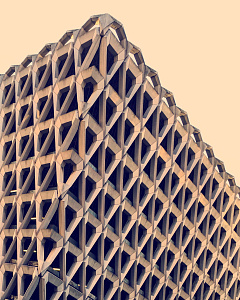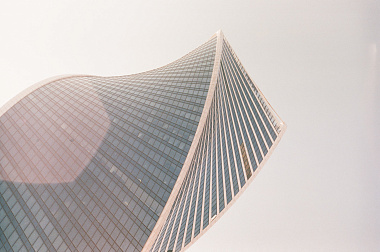In the course of the retrial of the cases, the lower courts ruled in favour of the customs authority and upheld the decisions that royalties shall be included in the customs value. Such approach has become commonly applied to other cases.
However, despite the negative practice for importers, in a number of cases participants of foreign economic activity have been able to defend the position that royalties should not be included in the customs value of imported goods. For instance, on 7 February 2024, the Pskov Region Arbitrazh Court rendered yet another decision in favour of the importer.
Background
In 2019 to 2021, Icon Tyres LLC (“Buyer”) imported various feedstocks and components into Russia. Most of the goods were imported under a contract with Nokian Tyres PLC (“Contract”). The customs value declaration contained a statement on the connection between the Buyer and Nokian Tyres PLC (“Supplier”).During the course of the desktop customs inspection, it was found that the Buyer and the Supplier had concluded a licence agreement under which royalties were paid for the period under review (“Licence Agreement”). In addition, the tyre manufacturing technology (know-how) has been developed by the Supplier who also has quality control tools in place and applies standard quality and quality control requirements to all tyres sold under its trademarks.
The Pskov customs office concluded that:
- the payment of royalties is a condition for the sale (importation) of the abovementioned feedstocks and components; and
- the royalties are related to the imported goods, therefore the amount of licence fees paid should be included in the customs value.
Court’s position
The court upheld the Buyer’s arguments and declared that the decision of the Pskov customs office is unlawful and shall be set aside in connection with the following:- the Licence Agreement does not have any provisions which make it possible to correlate the licence fees to the imported goods, as the licence fees are paid for each tyre manufactured in Russia, rather than for the imported feedstocks and components;
- none of the clauses of the Contract refers to, mentions or requires the conclusion and/or performance of the Licence Agreement;
- the customs authority’s references to the provisions contained in the contracts with independent contractors imposing requirements on feedstocks, and other requirements that go beyond the quality control of goods, are dismissed, since the use of a trademark by another person under the control of the trademark owner is recognised for the purposes of maintaining the trademark registration;
- the provision requiring that the specifications should be agreed with the Supplier does not go beyond quality control. the specifications, which are incorporated in contracts, only reflect the qualitative characteristics of the supplied goods. At the same time, the requirements imposed on the document package formed by the Supplier for each shipment of goods do not contain an obligation to draw up and submit additional specifications;
- products manufactured in Russia using the know-how only partially consist of goods imported by the Buyer (approximately 40% of feedstocks are purchased in Russia);
- The Buyer has not made any payments for using the technology (know-how) to the Supplier or to any other persons (including to connected persons, either as dividends or as deductions from the revenue from the sale of goods) during the period under review;
- the manufacture of tyres using the controlled technology, but in the absence of a separate agreement or payments for using the know-how, makes it impossible to assess additional customs value because the Buyer does not make, and is not required to make, any payments to the Supplier for the imported goods; and
- there are no documents in the case file suggesting that the Supplier has the right to directly or indirectly control the production process by foreign manufacturers that are independent suppliers of feedstocks and components purchased by the Buyer.
Conclusions
The case considered is one of the few examples where the court upheld the importer’s position and did not include the licence fees in the customs value of imported goods.Despite the ruling favourable to the importer, we draw attention to the fact that the decision was taken by a court of first instance, meaning the customs authority is still able to challenge it in the appeal and cassation courts.
Our team has many years of experience in providing comprehensive legal support to companies in the course of customs control and appealing decisions of customs authorities both in court and out of court, as well as advising companies undergoing administrative or criminal proceedings and applying liability measures, and will be happy to provide you with the necessary assistance.





